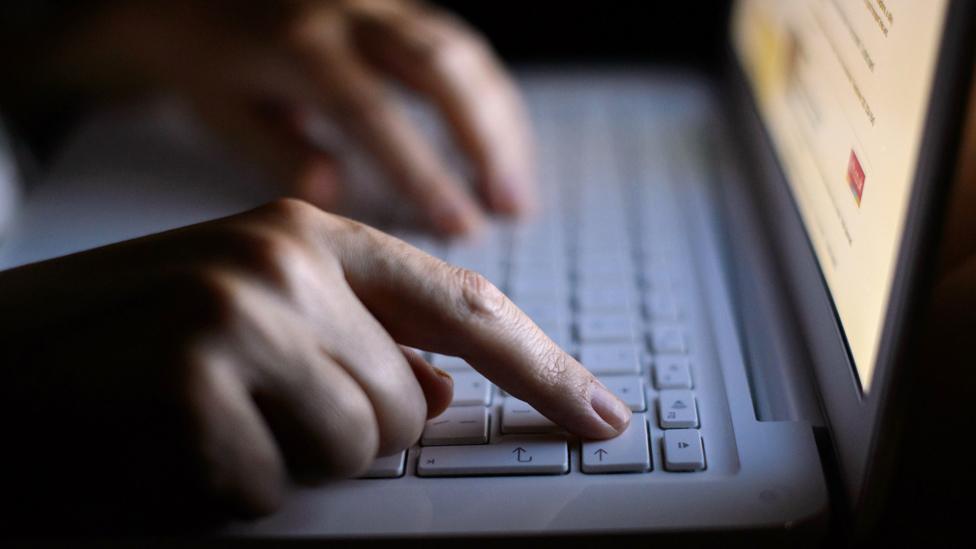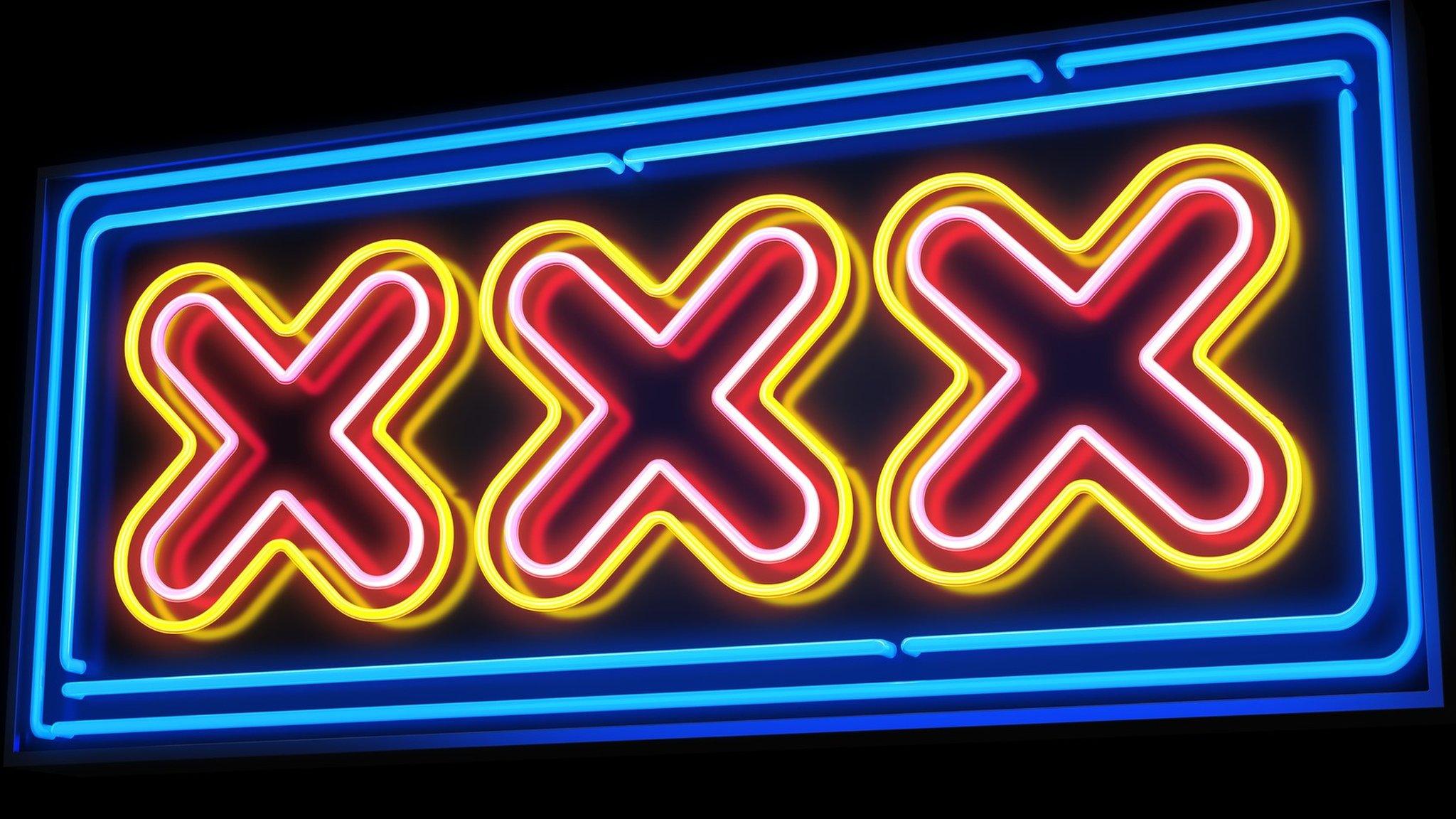Government error delays online pornography age-check scheme
- Published

An age-check scheme designed to stop under-18s viewing pornographic websites has been delayed a second time.
The changes - which mean UK internet users may have to prove their age - were due to start on 15 July after already being delayed from April 2018.
The culture secretary confirmed the postponement saying the government had failed to tell European regulators about the plan.
Completing the notification process could take up to six months.
In the House of Commons, Culture Secretary Jeremy Wright said an "important notification process was not undertaken for an element of this policy".
He said the UK government had failed to inform Brussels about key aspects of the scheme.
Mr Wright apologised for the delay and said it was still the government's intention to bring in the age-checking system.
No silver bullet
The plans for compulsory age-checks for UK porn viewers - which the government has described as a world-first - were designed to stop children "stumbling across" inappropriate content.
Once enacted, it will mean pornographic sites will have to verify the age of UK visitors by law. If they fail to comply they will face being blocked by internet service providers.
There has been confusion over how it will be enforced, with suggestions that websites could ask users to upload scans of their passports or driving licences, or use age-verification cards sold by newsagents nicknamed "porn passes".
Campaigners have also repeatedly raised concerns about the privacy and security of the scheme.
Past moves to police pornography in the UK
Critics also say teens may find it relatively easy to bypass the restriction or could simply turn to porn-hosting platforms not covered by the law.
Twitter, Reddit and image-sharing community Imgur, for example, will not be required to administer the scheme because they fall under an exception where more than a third of a site or app's content must be pornographic to qualify.
Likewise, any platform that hosts pornography but does not do so on a commercial basis - meaning it does not charge a fee or make money from adverts or other activity - will not be affected.
Furthermore, it will remain legal to use virtual private networks (VPNs), which can make it seem like a UK-based computer is located elsewhere, to evade the age checks.
However, the authorities have acknowledged that age-verification is "not a silver bullet" solution, but rather a means to make it less likely that children stumble across unsuitable material online.
- Published12 March 2018

- Published6 March 2018

- Published27 April 2018

- Published28 March 2014
